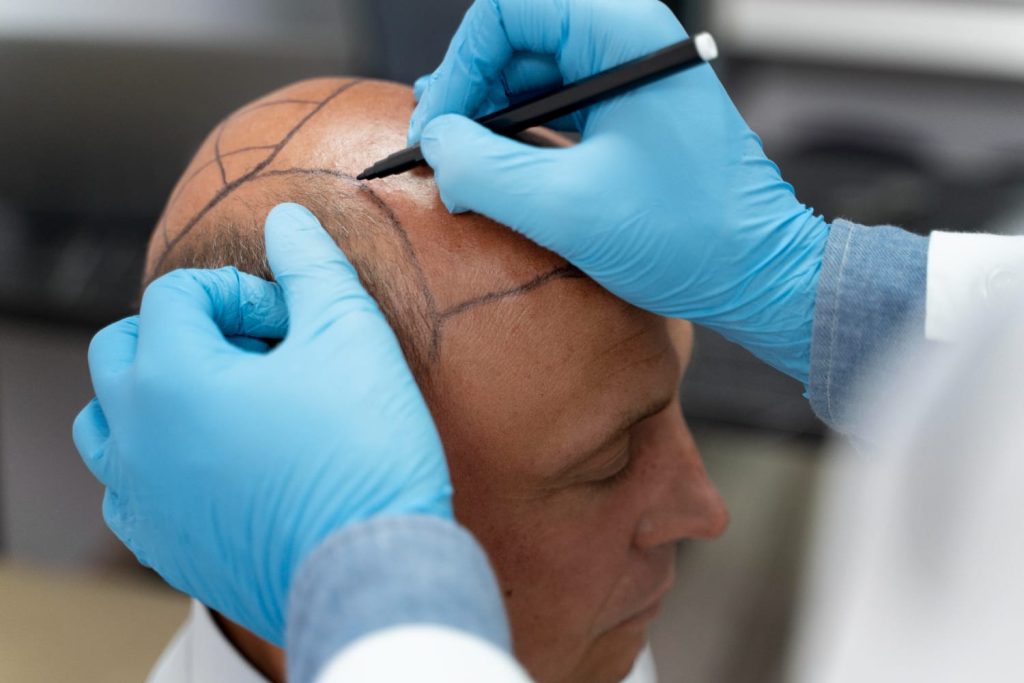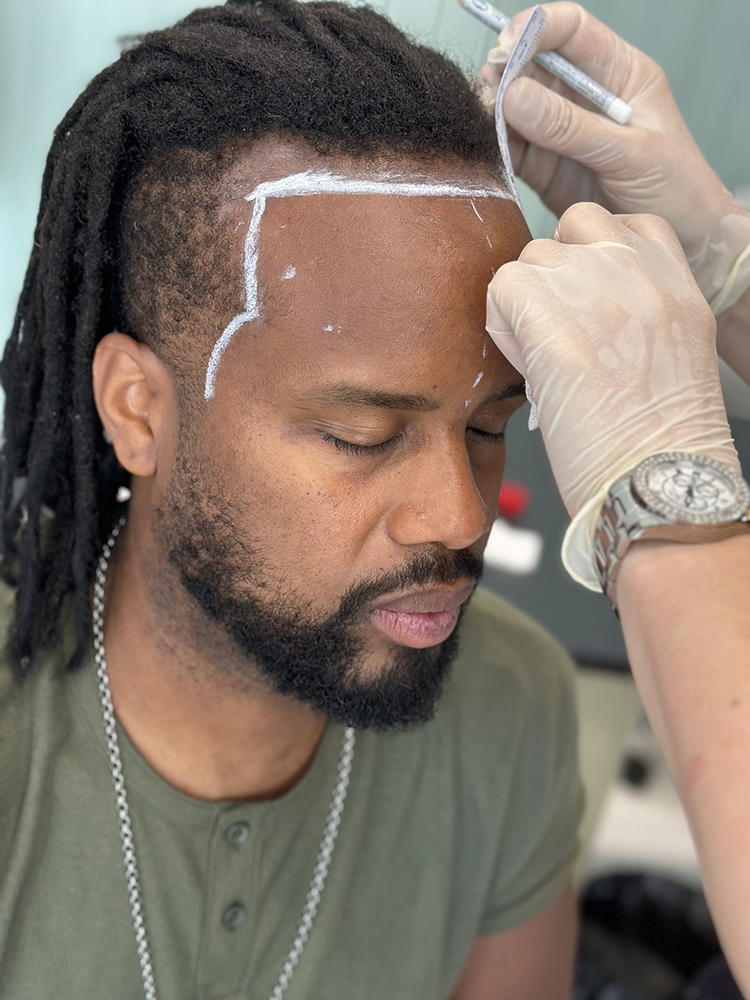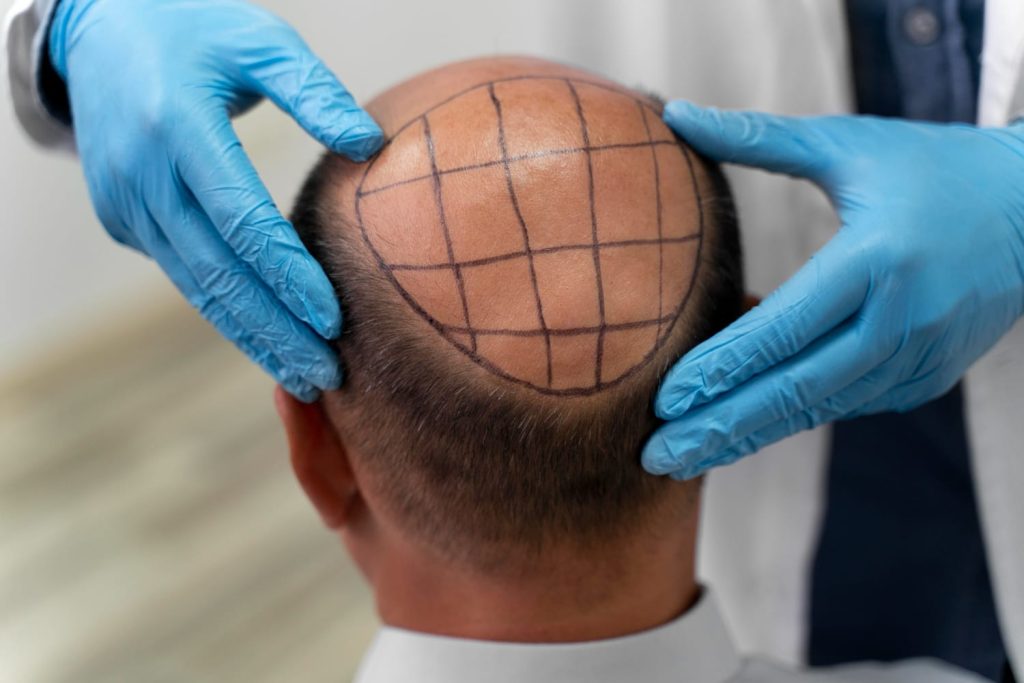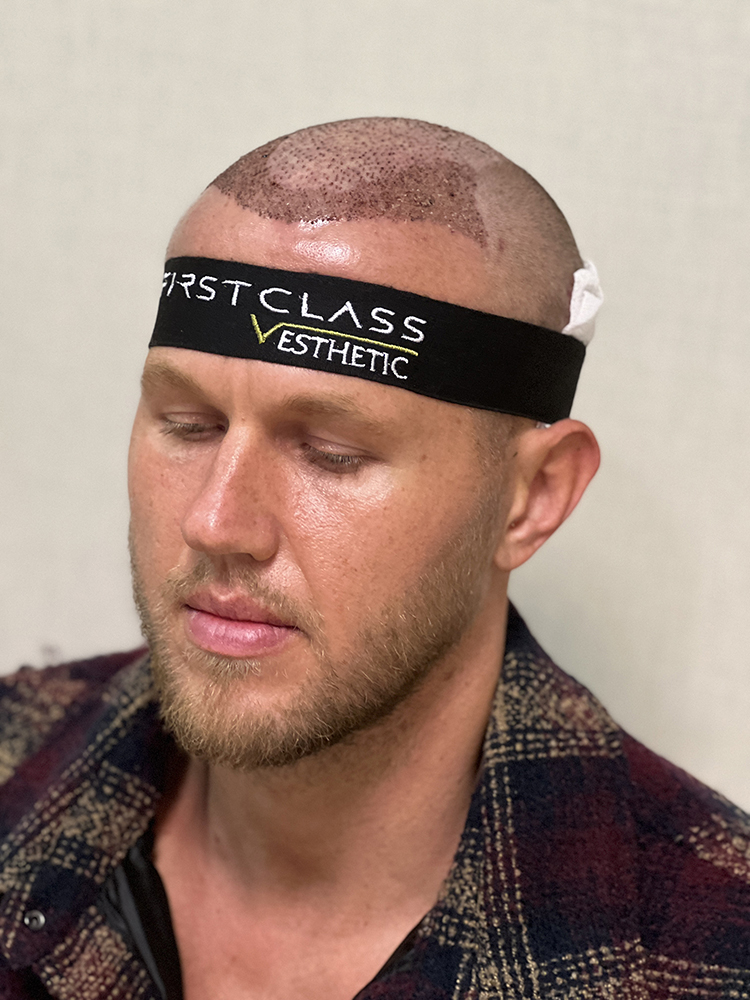Hair transplantation is the process of transplanting hair follicles taken from the nape of a person’s neck, between the ears, to the scalp in the area where hair loss or thinning occurs. As long as the procedure is performed by a specialist, no side effects or diseases have been identified. The only potential negative impact is a failed outcome due to the wrong procedure.
While cancer types are generally linked to genetics, external factors such as excessive smoking/alcohol use and exposure to carcinogenic substances can also cause cancer. However, hair transplantation is not an option.
Will Transplanted Hair Fall Out If Cancer Develops After a Hair Transplant?
The most effective known cancer treatment is chemotherapy, which affects the body’s fast-growing cells. In other words, chemotherapy unfortunately targets not only cancer cells but also fast-growing hair follicles, causing hair loss.
Hair loss after a hair transplant depends on the medications and dosages used to treat the condition. However, high-dose chemotherapy can cause hair loss in the transplanted hair.
Can Cancer Patients Get Hair Transplants?
Hair transplants should only be performed on cancer patients after they have recovered from the disease and regained their health. Most people’s hair grows back after treatment and regains its previous volume. However, in rare cases, hair loss following chemotherapy can be permanent. In this case, if treatment has been completed but the patient’s hair has not grown back, a hair transplant can be performed by specialists in a sterile clinical environment.
When is a Hair Transplant Performed After Cancer Treatment?
To undergo a hair transplant, cancer survivors must have completed all treatment phases and be free of all signs and symptoms of cancer. After these procedures are complete and the individual has regained their health, experts recommend allowing at least six months to monitor their hair’s condition before undergoing a hair transplant. During this time, hair can regrow and regain its previous volume after completing treatment. Therefore, it is important to monitor hair growth before making a decision about hair transplantation.
For every client or patient undergoing a procedure at First Class Esthetic, the physical and psychological well-being of each client is prioritized over commercial consideration. Human health is paramount to all of us. With this understanding, we always ask all our clients what we need to know about their health before the procedure. Based on the answers we receive, we plan their hair transplant journey or advise them against it. Because First Class Esthetic is a diverse and ethically driven team.












